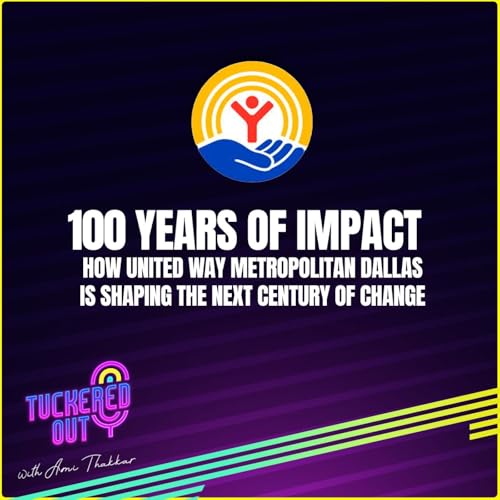Hugh Forrest is the President and Chief Programming Officer of South by Southwest (SXSW), one of the world’s leading festivals celebrating music, film, technology, and innovation. A native of Austin, Texas, he has played a pivotal role in shaping the city’s creative and entrepreneurial identity. Joining SXSW in its early days, he leveraged his background in publishing and technology to help grow the festival into an internationally recognized event. Under his leadership, SXSW has expanded beyond music to include industry verticals such as health tech, transportation, and artificial intelligence, all while staying true to its mission of fostering creativity and connection.
His contributions to Austin’s cultural and business landscape have earned him numerous accolades, including being named Austinite of the Year and receiving the Diversity Champion of the Year award. Passionate about collaboration and innovation, Hugh remains committed to the power of in-person interactions, emphasizing their importance in an increasingly digital world.
In this episode, he takes us behind the scenes of SXSW’s evolution, recounting its early days in the 1980s when Austin’s club owners took a chance on a fledgling festival during spring break—a decision that would shape the city’s global reputation. He discusses SXSW’s transformation from a music-focused event into a multidisciplinary hub for film, interactive media, health tech, and transportation. Addressing concerns that the festival has become too corporate, he argues that while SXSW has grown, its core mission of celebrating creativity and community remains unchanged. Throughout the conversation, Hugh also shares his personal journey, reflecting on how his deep ties to Austin have influenced his leadership and vision for one of the world’s most influential cultural events.
- Ami’s life update and travel adventures: Ami shares her recent travels, including attending the Grammys and the Super Bowl, before introducing Hugh (0:30)
- How Hugh Forrest got involved with SXSW: Hugh recalls his early days in Austin, his background in publishing, and how he was hired for his desktop publishing skills (4:10)
- The birth of SXSW: A festival born from rejection: Hugh shares how SXSW came to be after a failed partnership with a New York music event, and how Austin club owners reluctantly gave them a chance (6:42)
- SXSW’s evolution: From music to tech, film & beyond: The festival’s expansion beyond music to include film, interactive media, health tech, and transportation—shaped by Austin’s growth (10:21)
- Balancing corporate growth and grassroots creativity: Hugh addresses criticisms that SXSW has become too corporate, explaining how they balance big brands with indie creatives (14:54)
- Navigating controversies: DEI, social issues and speaker curation: Discussion on how SXSW handles political and social challenges, including diversity, equity, and inclusion (1:13)
- Personal highlights: Bruce Springsteen, David Byrne and memorable moments: Hugh shares one of his biggest regrets—missing most of Bruce Springsteen’s keynote—and reflects on other standout festival moments (24:20)
- Austin’s transformation and SXSW’s role in the city’s growth: The impact of SXSW on Austin’s economy and identity, and Hugh’s thoughts on the city’s evolution (28:11)
- Hugh’s perspective: Success, creativity and the future of SXSW: Rapid-fire Q&A on success, creativity, and what excites him about the future of SXSW (35:26)
Connect with Hugh Forrest:
Let’s talk Connect:
This podcast is produced by Ginni Media.
 2025/11/151 時間 10 分
2025/11/151 時間 10 分 2025/09/1148 分
2025/09/1148 分 57 分
57 分 39 分
39 分 44 分
44 分 2025/04/0346 分
2025/04/0346 分 2025/03/2658 分
2025/03/2658 分 39 分
39 分
